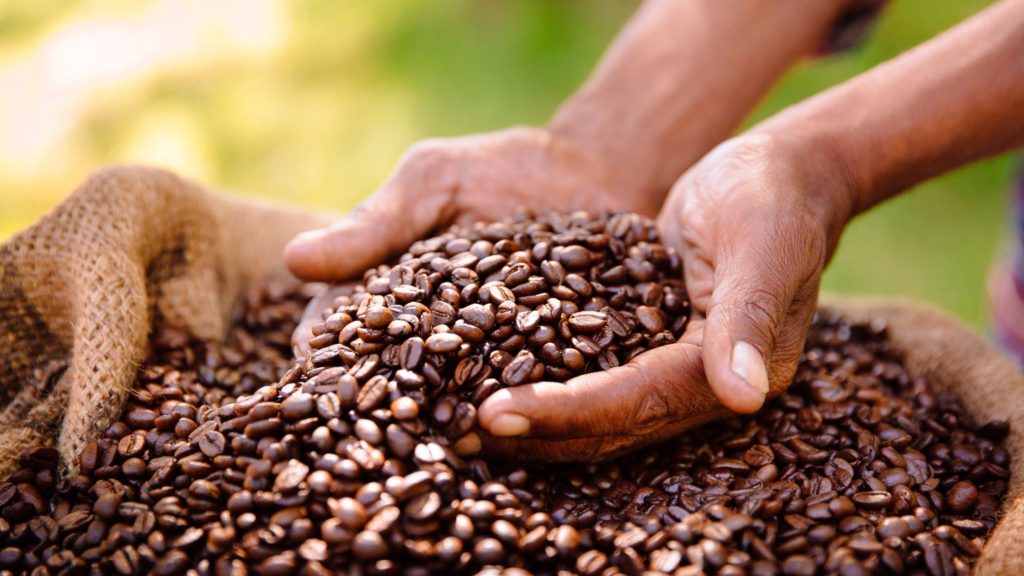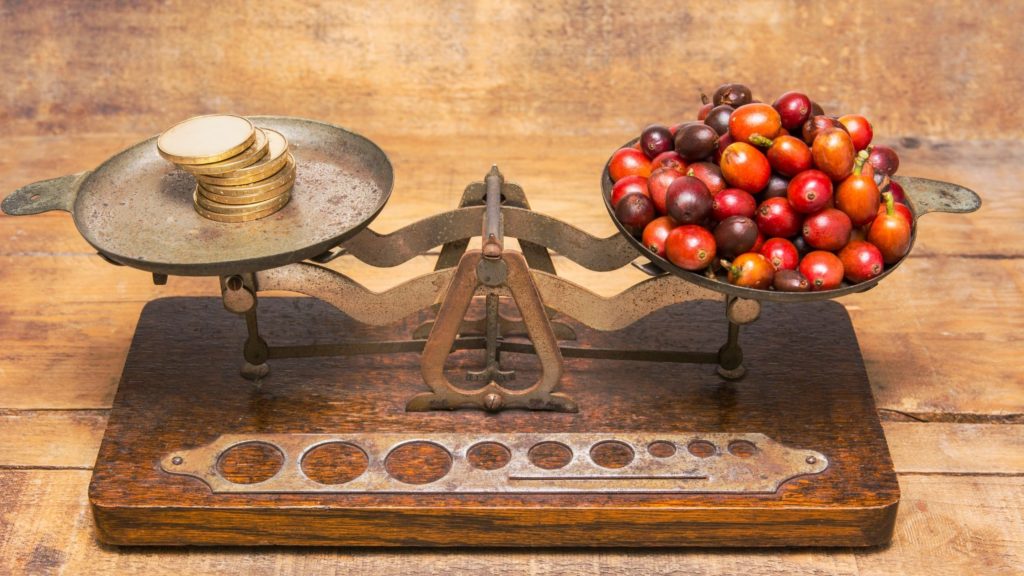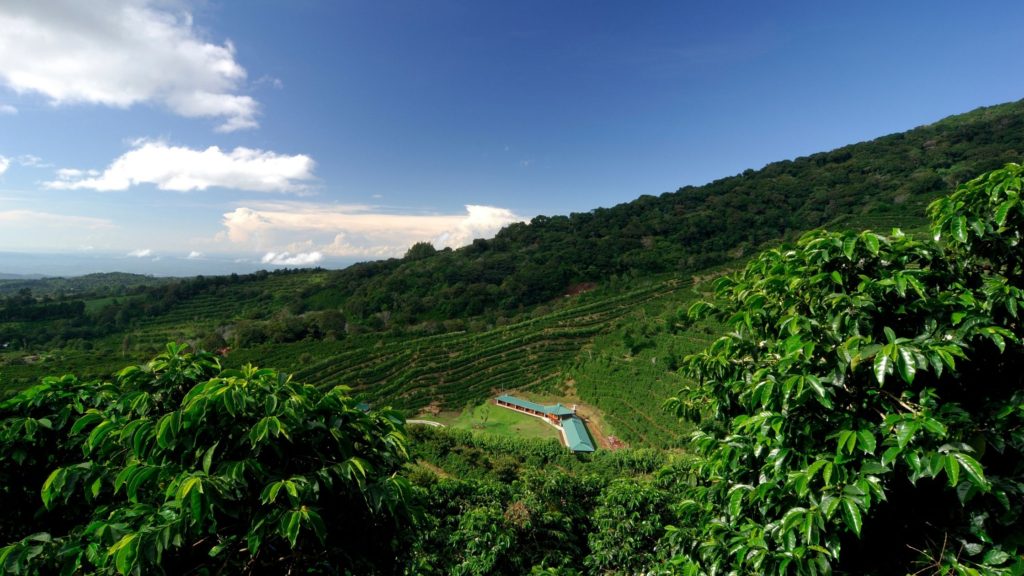Fair Trade

Written by Ari Cohen
In 1968 the United Nations tried to protect farmers’ profits by limiting the amount of coffee that countries could buy so that the price would remain high. Then in 1984 the Fair Trade Certification was introduced to artificially raise coffee prices in order to ensure farmers sufficient wages. However, when fair trade practices are ignored it makes it harder for farmers to have ethical practices because they need to cut corners in order to fulfill orders and can not afford safety measures.
When coffee prices are low it can severely hurt local economies. According to “No Child for Sale” Typical coffee producers only make 7-10% of the retail price. As a consequence coffee farmers often have to remove their kids from school to save labor costs. In fact according to a study in Brazil by D.I. Kruger, child labor rates are dd37% higher in areas where coffee is produced.
Low coffee prices also increase the role of slavery throughout the world. In Guatemala nearly half of coffee workers are paid less than minimum wage and get no overtime pay. This happens because the people who own the estates where coffee is grown make their workers live there. However they are not paid enough to afford transportation or essential goods.
Those landowners then charge the workers for those essential goods but do not give them enough money to pay it off. This means that they can never make enough money to afford to pay off their debt at these estates.
This is even more of a problem when workers have kids they are forced to work on the farms. This increases the estate’s labor but does not earn them higher wages.

Lower coffee prices also greatly decrease the safety at coffee farms. It is essential that coffee equipment is kept up to date. However when prices are lower and wages decrease it becomes significantly harder to ensure that meticulous processing techniques are upheld.
This means that farmers are continuously putting both themselves and the workers ain dangerous situations, because in order to pay for renovations they need more money, but they can not do that with low retail prices.
When coffee retailers in rich countries are willing to spend more money on fair trade coffee it not only results in higher quality coffee but supports poor workers in poor countries. When fair trade practices are supported it ensures that a certain amount of money is shared with the farmers. Although this increases the price of coffee it allows the local workers to see a share of the profits which lets them pay workers and improve safety standards.
This also helps keep farmers accountable. For example, workers will keep their kids in school because they are not needed on the farm. Also large farms in Guatemala are forced to share money with lower wage workers because if they did not their coffee would not be certified.

When safe and ethical practices are supported in coffee it helps poor countries gain more money. For example, when Brazil and Ethiopia see fair practices it allows their lower classes to improve their conditions, which helps even out the rich and the poor.
In 2016 two of the world’s largest coffee companies acknowledged that they purchased coffee from two plantations with known forced labor practices. This results in lower prices for retail companies in the USA but helps unfair and dangerous labor practices in the coffee industry.
Although it may cost a little more to support coffee shops who buy fair practice beans it combats slavery, helps solve income inequality, and even keeps kids in school.
